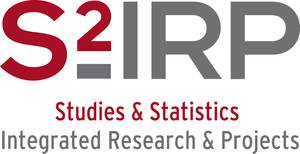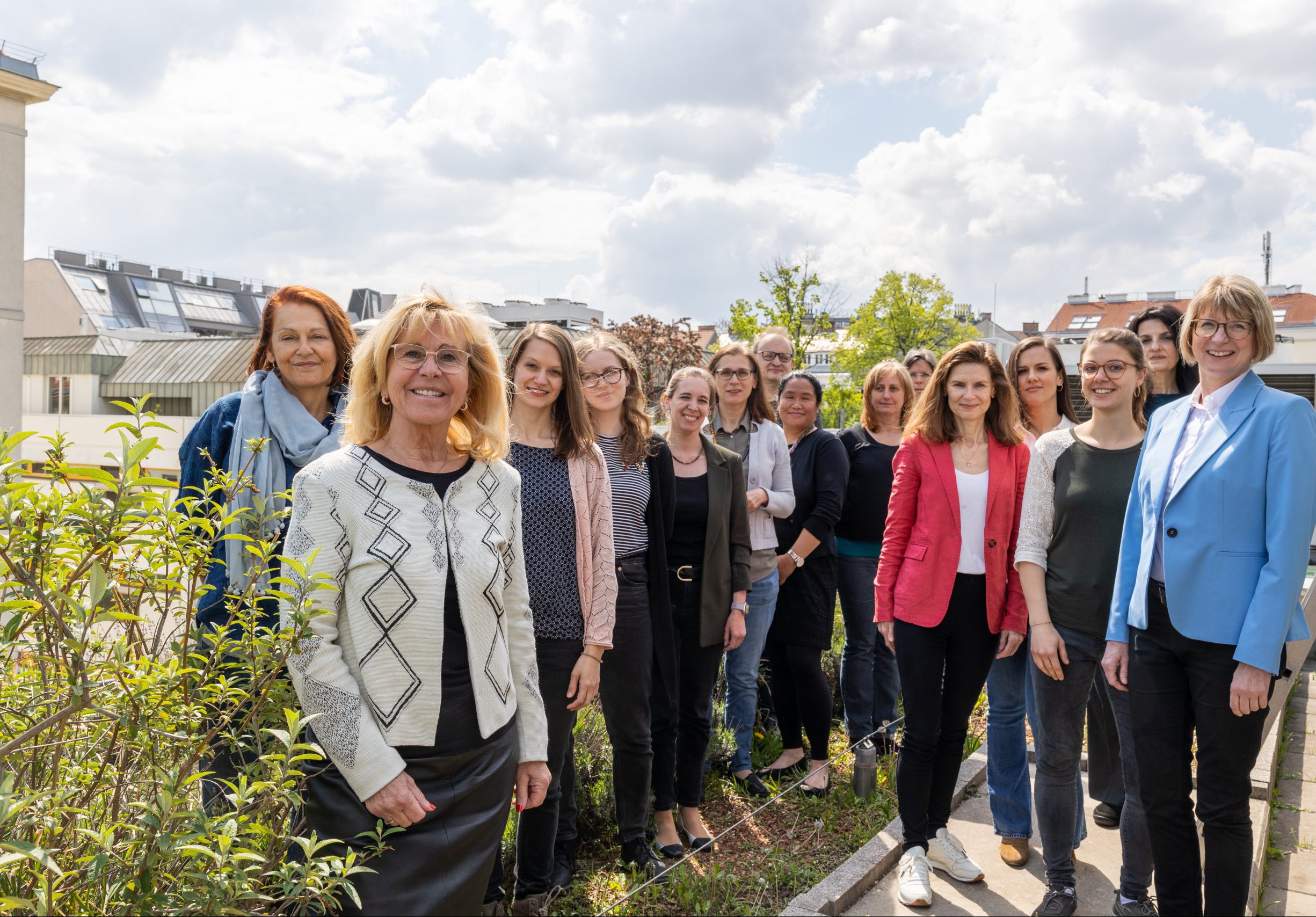Key functions
The Clinical Trial Unit for Studies & Statistics for Integrated Research & Projects (S2IRP) fosters clinical research in paediatric oncology by coordinating and facilitating national and international GCP-compliant clinical trials and registries in line with respective EU directives or regulations (Clinical Trial Regulation, General Data Protection Regulation, Good Clinical Practice) and in particular with the Austrian Pharmaceuticals Act (AMG). In this function it supports the further optimisation of risk-adapted treatment strategies within the wide range of indications in Paediatric Haematology and Oncology and facilitates the establishment of up to date standards of care.

Practically, S2IRP enables clinical research by designing, running and analysing academic clinical trials in the respective childhood cancer target populations. Ethical committee approvals and informed consent procedures are key elements for any undertaken research. The unit’s portfolio includes investigator-driven clinical trials (IDCTs), cancer subtype registries, close collaborations with the Innovative Therapies for Childhood Cancer Consortium (ITCC) located in Paris /France and the Inform Consortium in Heidelberg /Germany and their respective early phase trials as well as interactions with pharmaceutical companies to develop further childhood cancer therapeutics. Registries are used when no front line or second line randomised question are addressed in respective trials.
The skilled multi-professional team enables not only a state-of-the-art execution of clinical trials and support of registry data generation both providing quality controls on diagnostic and therapeutic strategies. S2IRP team is guided by a comprehensive standard operating procedures portfolio covering the manifold tasks specific for a clinical trials unit and is supported by CCRI‘s Quality Management Team.
Secondary use of data in respective projects is protected through safeguard procedures assured by positive Ethical committees’ votes, respective informed consent procedures and adequate data protection procedures allowing privacy keeping record linkages. This is another opportunity to enrich and complement the knowledge in the field, in particular biomarker driven outcome research, improved diagnostics and preparation for new therapeutic avenues.
Hence S2IRP acts as an important link between respective laboratory research activities not only for the CCRI, but also within the wider research networks in Europe and abroad. Only through International cooperations the critical mass and numbers are achieved to address relevant and specific research questions. Scientific projects all are aiming to generate a deeper understanding and new knowledge in the in this rare disease area.
The importance of data collection – nationally and internationally
Data collection and evaluation are vital aspects of cancer research. In total, the S2IRP holds data from more than 16,000 patients from national and international paediatric clinical trials. In three indications S²IRP acts as international coordination site, namely for studies evolving around Langerhans’ cell histiocytosis (study centre of LCH trials I, II, III and IV), neuroblastoma (international study centre of the European High Risk Neuroblastoma Study HR-NBL-1/SIOPEN and respective studies for refractory or relapsed disease dedicated to the immunotherapy development of dinutuximab beta), and stem cell transplantation of acute lymphoblastic leukaemia (study centre for consecutive, large scale international ALL-SCT Studies). Trial and registry data enable publications on clinical and translational research results, which is a paramount scientific objective. Currently over 60 clinical trials and registries are run by the S²IRP.
Statistics
The main task is to provide expertise and statistical support in all issues related to statistical methodology for all scientific activities of the CCRI. Focusing on clinical research, the tasks range from brief statistical consulting to long term collaborations in large clinical trials, projects of the CCRI/St. Anna children’s hospital or major international research groups (International Society of Paediatric Oncology, European Neuroblastoma (SIOPEN) , Histiocyte Society (HS), Children’s Oncology Group (COG), European Bone Marrow and Stem Cell Transplantation Group (EBMT), International BFM Study Group (I-BFM), International Neuroblastoma Risk Group Task Force (INRG, …). Profound expertise in study design and statistical methods, an understanding of the medical background as well as technical skills are needed.
For all clinical trials, statistics is an integral part, and the lead study statistician and team are primarily responsible for all statistical aspects of a study. The lead statistician is member of the study steering committee and has an important strategic role rather than the role of a pure data analysists. This responsibility involves all stages of a study from the statistical design to the final analysis and publication.
The statistics team has an internationally recognized, long-lasting experience with a role as lead study statisticians, starting with trials for Langerhans cell histiocytosis, high-risk neuroblastoma, stem cell transplantation in acute lymphoblastic leukaemia and an upcoming trial in acute myeloid leukaemia. These large international, predominantly randomised phase III studies aim to establish new therapy standards with improved outcome. These studies already produced numerous practice-changing results and were published in major medical journals.
The ongoing evolution in medicine as well as unaddressed methodologically needs, asks for refined and novel approaches of statistical design and analysis. The statistics team provides state-of-the-art expertise that is internationally competitive. The team is an active part of an international network and closely collaborates with other statisticians and biomedical researchers.
The methodological research focus is on statistical models to evaluate cure-rates. In this context novel approaches to evaluate the impact of SCT on long-term survival rates were introduced.



















